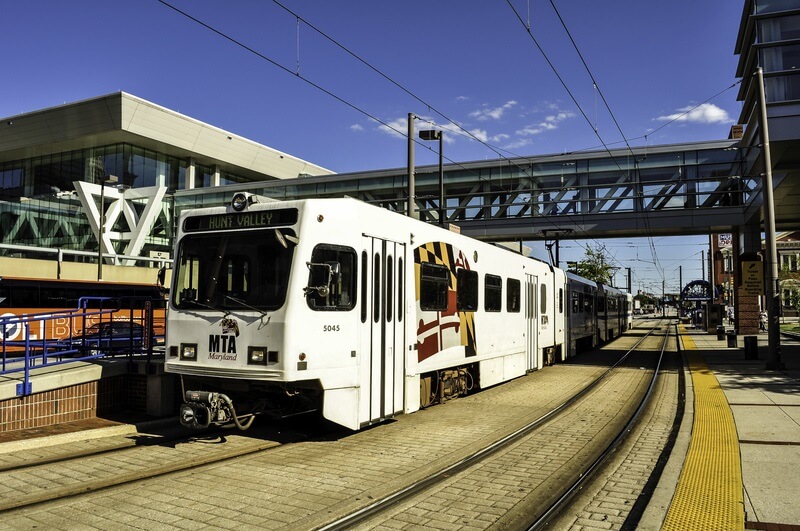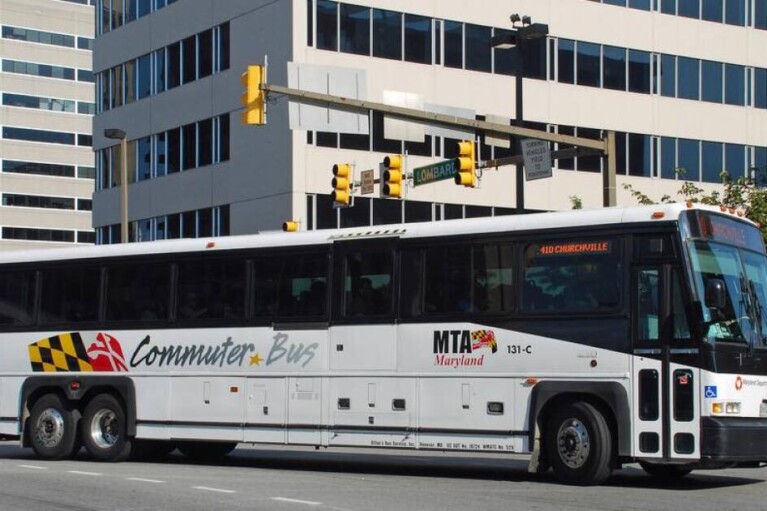Opinion: Landscape workers’ health is at risk in Montgomery County

By Vivian Thomson and Kit Gage
Thomson is retired University of Virginia professor of environmental policy and producer of the independent podcast The Meaning of Green. Gage is advocacy chair for Friends of Sligo Creek and a Chesapeake Bay landscape professional.
In deciding to set aside a proposal to ban the sale and use of gasoline powered leaf blowers, the Montgomery County Council is jeopardizing the health of its citizens and especially its lawn care workers, many of whom are people of color.
The Council’s Transportation and Environment Committee voted for the proposal, but the full Council has tabled it, which means the proposal is on hold. Those voting to table the proposal said the rebate program to help businesses purchase battery-powered equipment lacked sufficient detail. They also raised questions about the timing of the bans on sale and use.
This indefinite delay means that landscape workers handling gasoline powered leaf blowers will continue to experience avoidable health risks, including hearing loss. In 2022 44 percent of landscaping workers nationally were Hispanic or Latino.
Measured noise levels from gasoline powered leaf blowers reach 75 decibels at 50 feet and 95 to 105 decibels at the user’s ears. Only yesterday a lawn care worker was using a gasoline powered leaf blower across the street. From a distance of about 50 feet, NIOSH’s sound level meter app showed 78 decibels, which far exceeds the current County standard of 65 decibels.
According to the Centers for Disease Control, you can sustain ear damage from a two-hour exposure to a leaf blower blasting at 90 decibels. Leaf blower users experience the worst noise, and many do not wear protective equipment. The national Professional Landcare Network said in 2011 that its members should measure equipment noise levels or, if that’s not possible, “institute a hearing-conservation program.”
The low-frequency component of the noise produced by gasoline powered leaf blowers penetrates windows and carries much farther than the noise generated by battery-powered blowers. One credible estimate indicates that, in a neighborhood with 1/8-acre zoning, a typical gasoline powered leaf blower could disturb 90 homes while the quietest battery powered blower tested would disturb only one home.
Hearing loss can be insidious, happening even before we know it. But noise pollution is not just annoying, disruptive, and bad for our ears. Continual exposure to noise pollution can cause high blood pressure, heart disease, anxiety, and depression. The World Health Organization adds to that list cognitive impairment in children and estimates that at least 1 million healthy life-years are lost every year in Europe just from exposure to traffic noise.
The air pollution that leaf blowers pump out includes fine particulate matter, oxides of nitrogen, and the greenhouse gas carbon dioxide. People of color are already disproportionately exposed to the long list of risks posed by fine particulate matter pollution, just because of where they live. They should not have to experience additional, avoidable health burdens on the job.
Out of concern for all that air pollution, the California Air Resources Board (CARB) has set a zero-emissions standard for most newly manufactured small, “off-road” engines (including leaf blowers) starting with model year 2024. CARB estimates that small off-road engines emit more oxides of nitrogen and reactive organic gases than do the state’s light-duty passenger cars. CARB says that operating one backpack leaf blower for one hour produces ozone-forming pollution comparable to that produced by driving a car from Los Angeles to Denver.
Montgomery County’s proposal could help Maryland achieve its greenhouse gas reduction goals and hasten compliance with the Clean Air Act’s ozone standards. Reducing nitrogen oxides air pollution is important to the health of the Bay’s watershed. An estimated 1/3 of the watershed’s nitrogen load comes from the air.
In proposing a ban on the sale and use of gasoline powered leaf blowers, the Montgomery County Council is not pushing any policy envelopes. Many cities and counties, including the District of Columbia, have led the way, providing countless examples to learn from. For example, California has adopted a voucher program that reduces the cost of battery powered equipment at point of sale. Some California localities supplement that voucher program.
The Council must put its leaf blower ban back onto its active agenda and resolve the issues that have led to this impasse. The health and safety of Montgomery County’s citizens, especially its landscape workers, hang in the balance.



